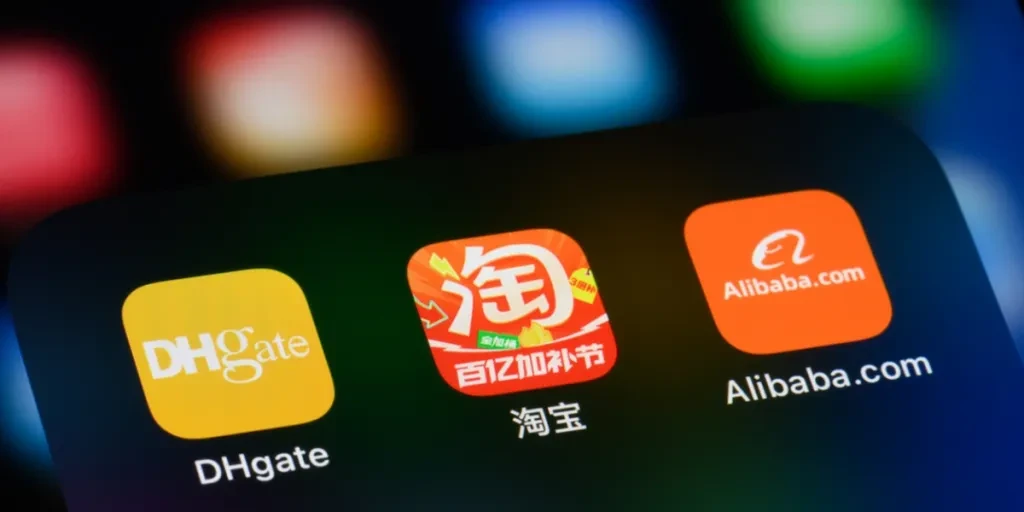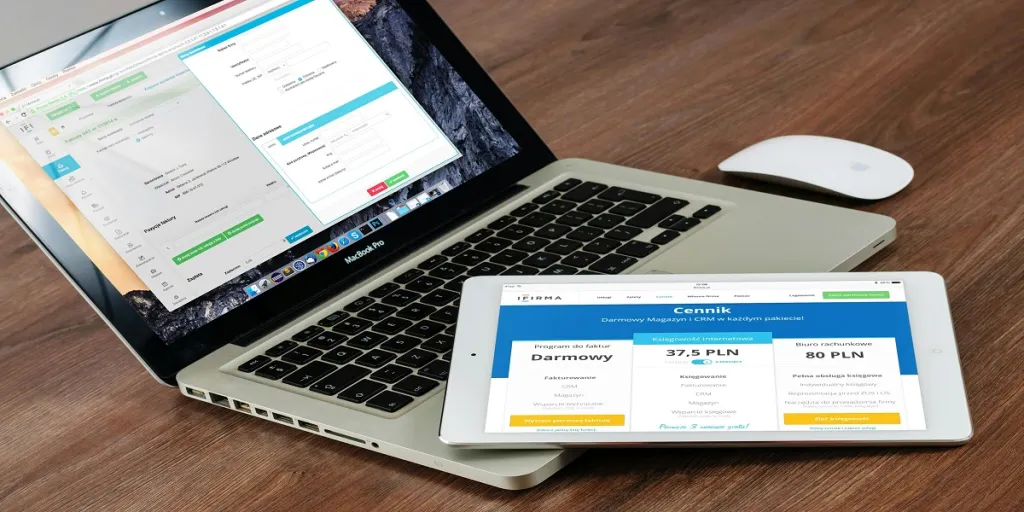Cross-border e-commerce keeps rewriting its playbook. Tariff swings, sustainability rules, and AI-powered buying tools have all pushed procurement teams to scrutinise every platform they use. DHgate remains one of the world’s go-to e-commerce platforms, especially for international buyers looking to connect with Chinese sellers. It’s a great spot to find quality products in bulk without breaking the bank. But as convenient as DHgate can be, it’s not the only option.
Exploring other platforms can open up even better opportunities, whether due to shipping regulations, pricing differences, or personal preference. This article will explore some awesome DHgate alternatives, so you can compare and discover new ways to shop and restock.
Table of Contents
8 Alternatives to DHGate worth considering in 2025
1. Alibaba.com
2. 1688.com
3. Global Sources
4. Made-in-China.com
5. CJdropshipping
6. AliExpress
7. IndiaMART
8. Faire
Final thoughts
DHgate alternatives: Frequently asked questions
8 Alternatives to DHGate worth considering in 2025
1. Alibaba.com
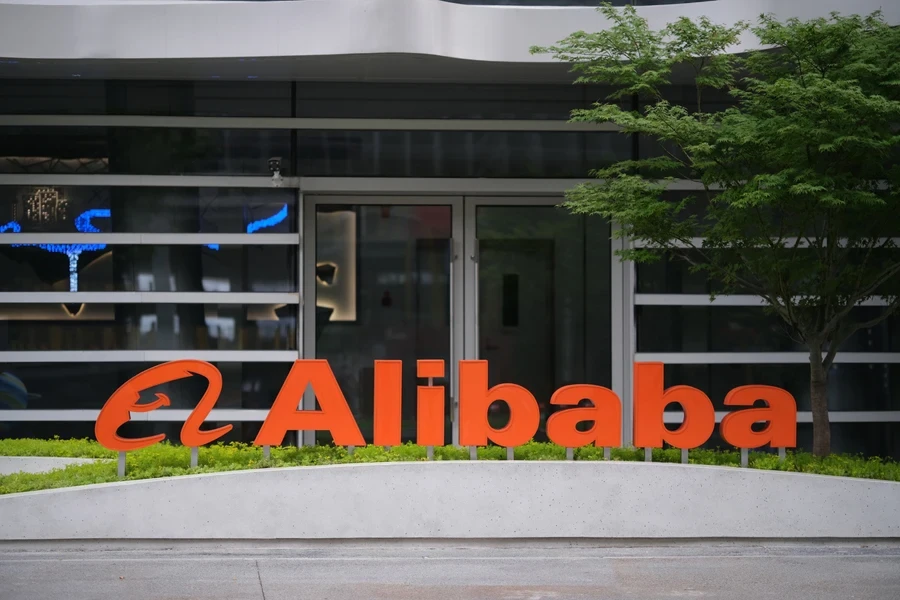
Alibaba.com is arguably the most recognisable name in cross-border sourcing. Its supplier base spans many categories, from ready-to-wear to CNC-milled enclosures, so there’s a good chance you’ll find whatever you can think of or partner with a manufacturer who can make it.
One standout feature on the platform is Trade Assurance, which escrows payment until the buyer confirms that quality and shipping milestones are met. In addition, a built-in RFQ (request-for-quotation) dashboard allows users to broadcast product specs to multiple factories simultaneously, then compare bids inside a single thread.
So, Alibaba’s tool set is deeper for buyers who want branded packaging, factory audits, and built-in escrow, though DHgate can be handy when you just need a few test units shipped quickly.
2. 1688.com
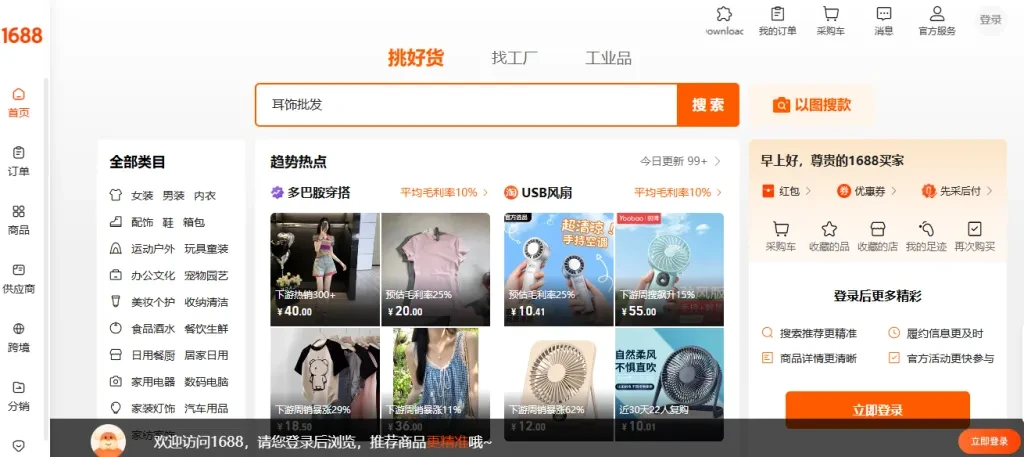
A sister site to Alibaba.com but designed for the domestic Chinese market, 1688 features factory-level pricing, often 5–10 percent lower than export-oriented listings on Alibaba.com. The trade-off is that listings are in Mandarin, and many sellers ship only to Chinese freight forwarders.
Also, most factories expect payment in RMB through AliPay or local bank transfer. Buyers without Chinese language skills usually hire a sourcing agent to bridge communication and handle export paperwork. Still, the site is a favourite among sourcing agents for apparel trims, packaging, and low-MOQ custom prints.
3. Global Sources
Hong Kong-based Global Sources is another e-commerce site similar to DHgate. It offers verified factories, an audited Supplier-Ownership Program, and offline trade shows in Singapore, Dubai, and Jakarta. Some businesses may choose Global Sources because they can inspect samples on-site and finalize the contracts digitally. Thankfully, payment options now include PayPal and Revolut for SMEs, reducing wiring friction.
Here’s something interesting: Supplier profiles often include booth numbers and historic show photos, which are small details that help verify legitimacy. Electronics buyers also appreciate the engineering focus: listings specify chipset versions, battery-cell vendors, and quality standards such as IEC or UL. Although MOQs generally sit higher than DHgate’s in many categories, the added documentation can justify the volume for private-label projects with compliance liability.
4. Made-in-China.com
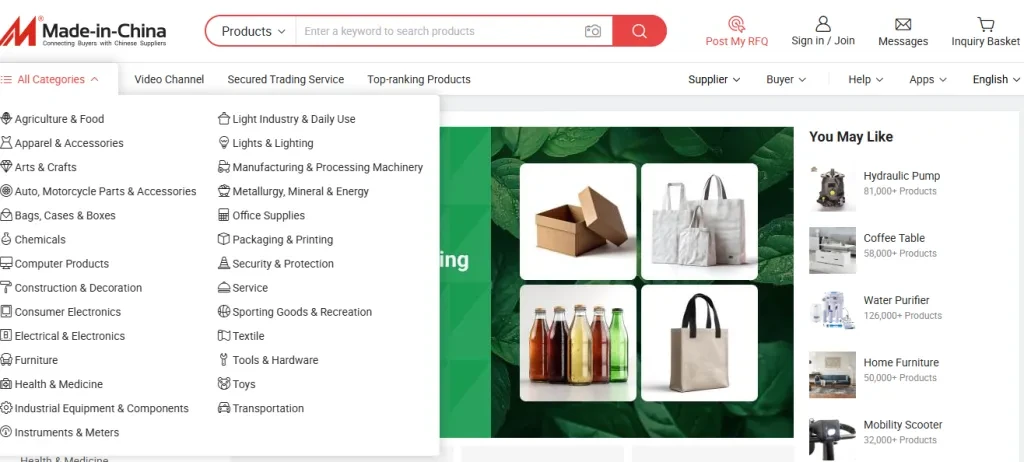
Founded in 1998, Made-in-China.com is one of the earliest online B2B platforms connecting global buyers with Chinese suppliers. The site spans a wide range of categories—from industrial machinery and construction materials to consumer goods. Also, the platform’s “Credit Report” tab aggregates Customs Export records, lab test data, and litigation checks, which are useful for due diligence. While MOQ levels vary widely, you can always negotiate for better prices.
Additionally, Made-in-China.com positions itself as a portal to second-tier cities, like Ningbo for hardware, Quanzhou for sportswear, and so on. They get Third-party firms to write factory audit reports, and some profiles embed real-time video feeds of production lines.
5. CJdropshipping
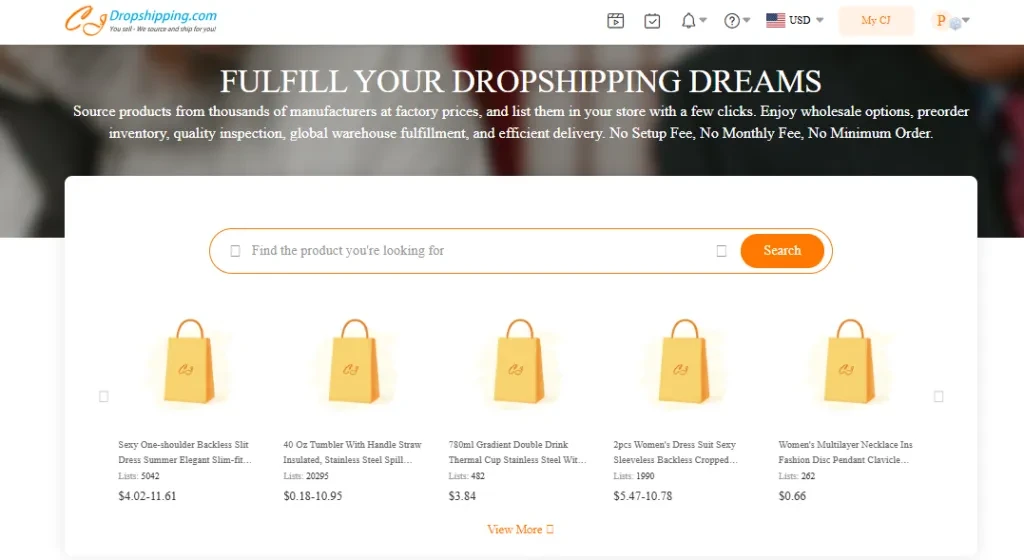
This one takes the cake for dropshipping out of all the DHgate competitors on this list. Ideal for Shopify and WooCommerce sellers, CJdropshipping combines product sourcing, private labelling, quality inspection, and fulfilment into one sourcing platform. The platform allows sourcing from thousands of manufacturers, even those from different platforms.
Since CJdropshipping allows you to connect your store, you can list any products you think your customers will like directly. You’ll also see every statistic related to your shipment on your dashboard, so you’re in the loop and know when it eventually reaches your customer. However, you should expect mid-tier pricing and a learning curve while using CJdropshipping.
6. AliExpress
Strictly speaking, AliExpress is a retail marketplace. However, its “bulk discount” tiers let businesses test styles in tens rather than hundreds of units. Interestingly, these micro-quantities greatly reduce inventory risk, especially for Amazon or Shopify sellers validating colourways. Shipping is by default parcel post, yet many vendors stock items in regional fulfilment centres, shaving delivery times to under a week in North America and the EU.
To make a more informed decision, check out this blog: Alibaba.com vs. Aliexpress: A Quick Guide for Merchants.
7. IndiaMART
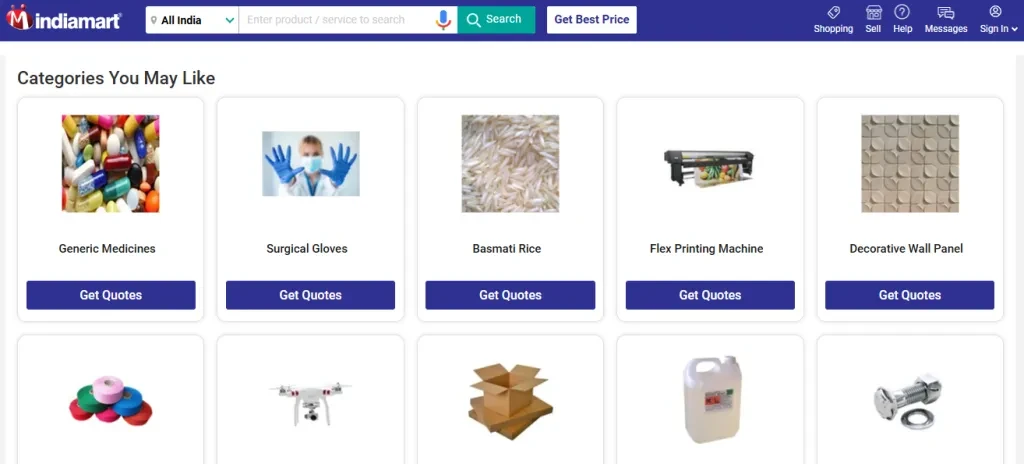
IndiaMART (India’s largest B2B marketplace) offers textiles, engineered castings, pharmaceutical ingredients, and other amazing wholesale products for buyers wanting to diversify country-of-origin risk. Additionally, many listings feature GST numbers and state-level compliance certificates. Lead times can stretch longer than coastal-China averages, yet importers gain geopolitical variety, and sometimes, duty advantages in the U.S. and EU markets.
8. Faire
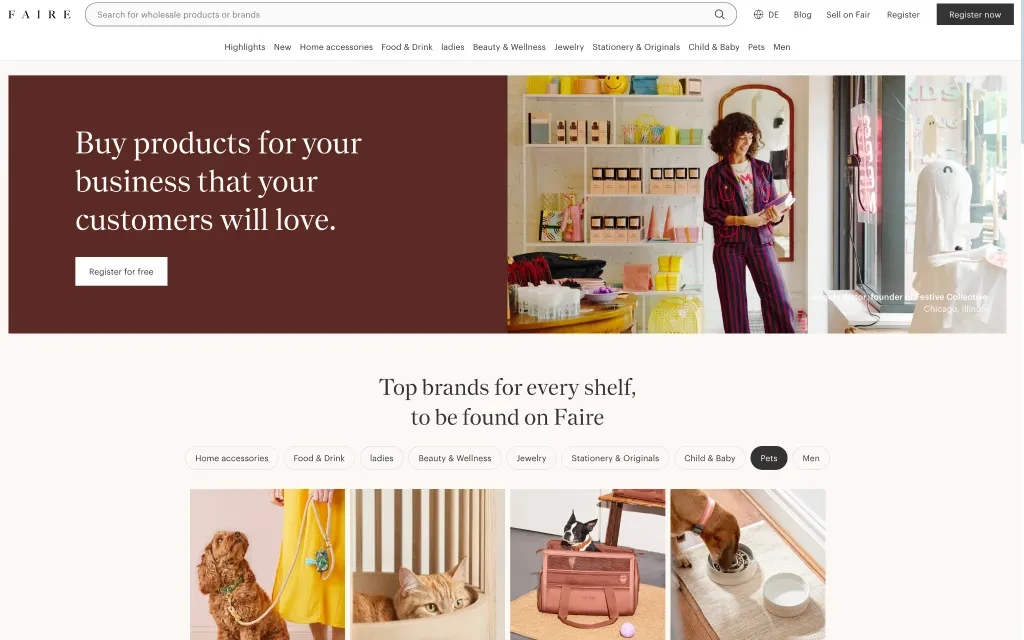
The Faire platform connects boutique retailers with independent brands, making it ideal for sourcing unique, shelf-ready products. The best part? Minimum order quantities are low (often at just 6 or 12 units), making it perfect for testing new merchandise or rotating stock in gift shops.
While this eCommerce platform doesn’t offer manufacturing or private-label services like some other suppliers, it’s a strong alternative to DHgate when the goal is to stock pre-branded, retail-ready items without customization or product development.
Final thoughts
In 2025, sourcing strategies are evolving from a singular focus on low-cost suppliers to a more resilient, multi-platform approach. DHgate continues to serve a valuable role for small minimum order quantities (MOQs) and rapid testing, but they’re many sites like DHgate that offer something different. For example, platforms like Alibaba.com support larger, customized production runs, while 1688 offers insight into domestic pricing.
Regional platforms, like Faire, can help navigate tariff-related challenges. Combining all these platforms into your sourcing strategy will help you create multiple channels to build your inventory, depending on your needs.
DHgate alternatives: Frequently asked questions
1. Is Alibaba or DHgate better?
“Better” depends on the buyer’s goals. Alibaba.com offers unparalleled supplier depth, sophisticated AI sourcing tools like Alibaba Lens, and end-to-end Trade Assurance. DHgate excels at small orders and quick testing, with low upfront spending. But that’s only the tip of the iceberg. You can further read this comparison of Alibaba.com vs. DHgate to determine which best suits your sourcing strategy.
2. Why is stuff on DHgate so cheap?
Most DHgate sellers are mainland Chinese wholesalers, who are famous for prioritizing efficiency and cost-effectiveness. They also leverage subsidised China-Post shipping.
3. Is Temu better than DHgate?
Temu’s strengths are gamified incentives and ultra-fast U.S. fulfilment from local micro-warehouses, with little focus on B2B services. DHgate, on the other hand, remains a top choice for broader sourcing of different products (wholesale) and offers well-established escrow protection.
4. Is it possible to get scammed on DHgate?
Like with any global online marketplace, the vast majority of transactions on DHgate are completed without issue. However, challenges might occasionally occur. You can mitigate risk by:
- Checking seller feedback and transaction volume.
- Using DHgate’s escrow service (funds are released only after delivery confirmation).
- Ordering paid inspections or at least a small sample first.
Remember, the same due diligence playbook applies to every marketplace on this list.
